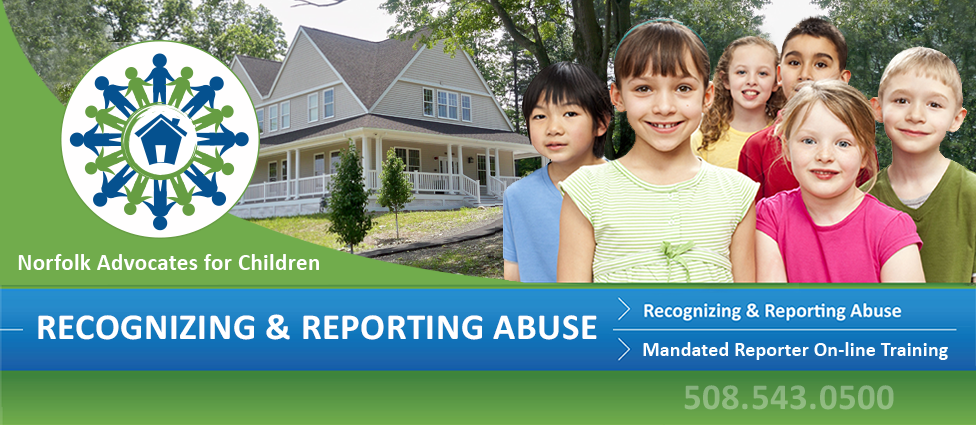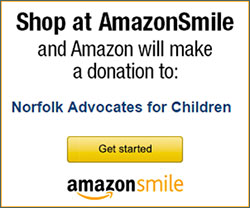WHAT IS CHILD ABUSE
Neglect
Neglect is the failure of a parent, guardian, or other caregiver to provide for a child’s basic needs. Neglect may be:
- Physical (e.g., failure to provide necessary food or shelter or lack of appropriate supervision);
- Medical (e.g., failure to provide necessary medical or mental health treatment);
- Educational (e.g., failure to educate a child or attend to special education needs);
- Emotional (e.g., inattention to a child’s emotional needs, failure to provide psychological care, permitting the child to use alcohol or other drugs).
Neglect can also include children who witness domestic violence or children who live with a sex offender in the home.
Child Welfare Information Gateway
What Abuse is Child Abuse and Neglect?
Recognizing the Signs and Symptoms.
www.childwelfare.gov/pubs/factsheets/whatiscan.pdf
Physical Abuse
Child physical abuse is any nonaccidental physical act that is inflicted by a parent, caregiver or other person that has responsibility for the child.
Sexual Abuse
Sexual Abuse occurs when an adult or another child asks or pressures a child for sexual contact. The abuser may use physical abuse, bribery, threats, tricks, or take advantage of a child’s limited knowledge of sexual matters.
Reporting Abuse
Massachusetts law requires mandated reporters to immediately make an oral report to DCF when, in their professional capacity, they have reasonable cause to believe that a child under the age of 18 is suffering from abuse or neglect.
Mandated Reporters may also choose to contact the local police if they suspect abuse or neglect
In February 2012 reporting obligations were expanded to mandate reports of sexually exploited children or child human trafficking victims. DCF is required to immediately report such cases to the District Attorney. New offenses also include “Enticement of a Child by Electronic Communication”.
When to File
- An oral report must be made immediately when you suspect a child is suffering from abuse or neglect.
- A written report must be submitted to D.C.F. within 48 hours after the oral report has been made.
How to File
- To make a report, you should call the D.C.F. Area Office serving the child’s residence and ask for the Protective Screening Unit, or call: Child at Risk Hotline 1-800-792-5200.
Who are mandated reporters?
- Physicians, medical interns, hospital personnel engaged in the examination, care or treatment of persons
- Public or private schoolteachers; school
nurses and coaches
- Educational administrators, guidance, family counselors or
School attendance officers
- Allied mental health and licensed human service professionals
- Drug and alcoholism counselors
- Daycare and child workers, including any person paid to care for, or work with, a child
- Probation Officers, Clerk Magistrates of district courts, Parole Officers
- Foster parents
- Firefighters, E.M.T.s or Police Officers
- Psychologists, Psychiatrists and Clinical Social Workers
- Priests, Rabbis, Clergy Members, Ordained or Licensed Ministers (added 5/3/02)
Under the law, mandated reporters are protected from liability in any civil or criminal action, and from any discriminatory or retaliatory actions by an employer.
Additional information about reporting and the DCF investigation process is available at
DEPARTMENT OF CHILDREN AND FAMILIES
Note: Some of the above material is the work of the Massachusetts Children’s Alliance (MACA) Child Abuse Prevention Training Committee.
________________________________________________________________________
If you suspect that a child has been a victim of abuse or neglect, you can make a report to the Department of Children & Families (DCF) in Massachusetts, or call your local police department.
DEPARTMENT OF CHILDREN AND FAMILIES
IMPORTANT LINKS
|



